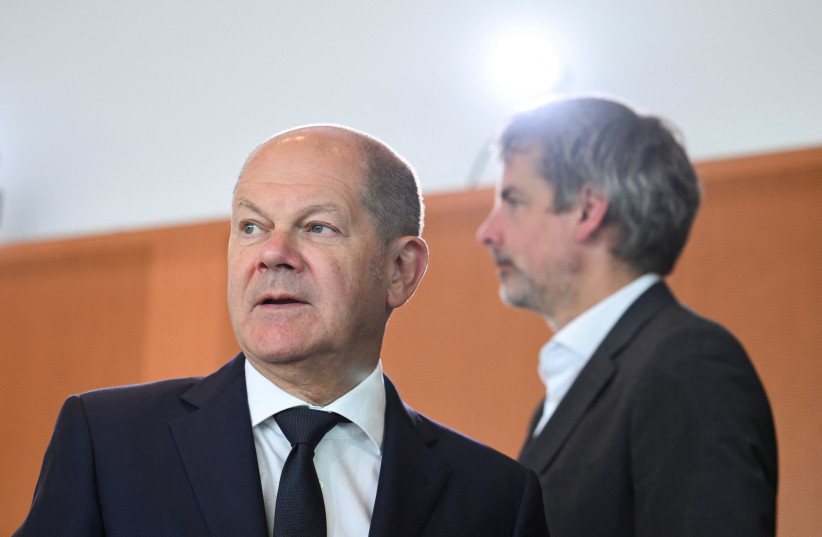Iran’s elite Islamic Revolutionary Guard Corps (IRGC) is holding military drills in the western parts of the country that will continue until Tuesday, the country’s official news agency announced on Sunday, as Israel braces for Tehran’s response to the twin assassinations in the same week of Hezbollah commander Fuad Shukr and Hamas chief Ismail Haniyeh, for which, as for the latter, Israel has not claimed responsibility for but Tehran has nevertheless blamed Jerusalem.
The drills, which started on Friday, are ongoing in the western province of Kermanshah close to the border with Iraq to “enhance combat readiness and vigilance,” an armed forces official told the Islamic Republic News Agency (IRNA).
The drills and heightened tensions come with anticipation for Thursday, where finalization talks for a ceasefire and hostage deal are set to take place, hosted by the US, Qatar, and Egypt. A massive aerial attack by Iran on Israel, as seen in April, would hold serious sway over such talks.
Hamas on Sunday night said it had asked mediators to present a plan based on past talks instead of engaging in new negotiations. Israeli news agencies reported that the group’s announcement included a refusal to participate in the talks on Thursday, including sending a negotiation team.
German Chancellor Olaf Scholz wrote on X that he spoke with Prime Minister Benjamin Netanyahu, and that “the destructive spiral of retaliation must be broken. It’s time for an agreement to release the hostages and a ceasefire.” He also condemned the threats against Israel, including from Iran and Hezbollah.

Iran and Hamas – which is heavily backed by Tehran – both accuse Israel of carrying out Haniyeh’s assassination on July 31. Israel has not confirmed or denied responsibility for the killing, which has fueled further concern that the war between Israel and Hamas in the Gaza Strip is turning into a wider Middle East war.
The war, fought by Israel against Hamas in Gaza, Hezbollah in Iran, the Houthis in Yemen, and Iran by proxy, was triggered by the bloody massacre attack led by Hamas on October 7.
Israel prepares for conflict against Iran
Defense Minister Yoav Gallant warned Iran and its Lebanon-based proxy Hezbollah: “Whoever harms us in a way that has not been done in the past, is likely to be hit in a way that has not been done in the past.”
He added that Israel did not want war breaking out on additional fronts, but that it must be prepared for such an eventuality.
Cited by Iranian media, Revolutionary Guards Deputy Commander Ali Fadavi said on Friday that the Iranian supreme leader’s orders regarding the harsh punishment of Israel and revenge for Haniyeh are clear and will be implemented in the “best possible way.”
China’s Foreign Minister Wang Yi told Iran’s acting Foreign Minister Ali Bagheri Kani in a phone call on Sunday that China supports Iran in defending its “sovereignty, security, and national dignity in accordance with the law,” according to a statement by the Chinese Foreign Ministry.
During that phone call, Wang repeated Beijing’s denunciation of Haniyeh’s assassination, saying the strike violated Iran’s sovereignty and threatened regional stability.
Iran has vowed to “harshly punish” Israel over the assassination.
Wang told Kani that the killing of Haniyeh had “directly undermined the Gaza ceasefire negotiation process and regional peace and stability,” China’s Foreign Ministry said.
“China supports Iran... in its efforts to maintain regional peace and stability, and stands ready to maintain close communication with Iran,” Wang was quoted as saying.
